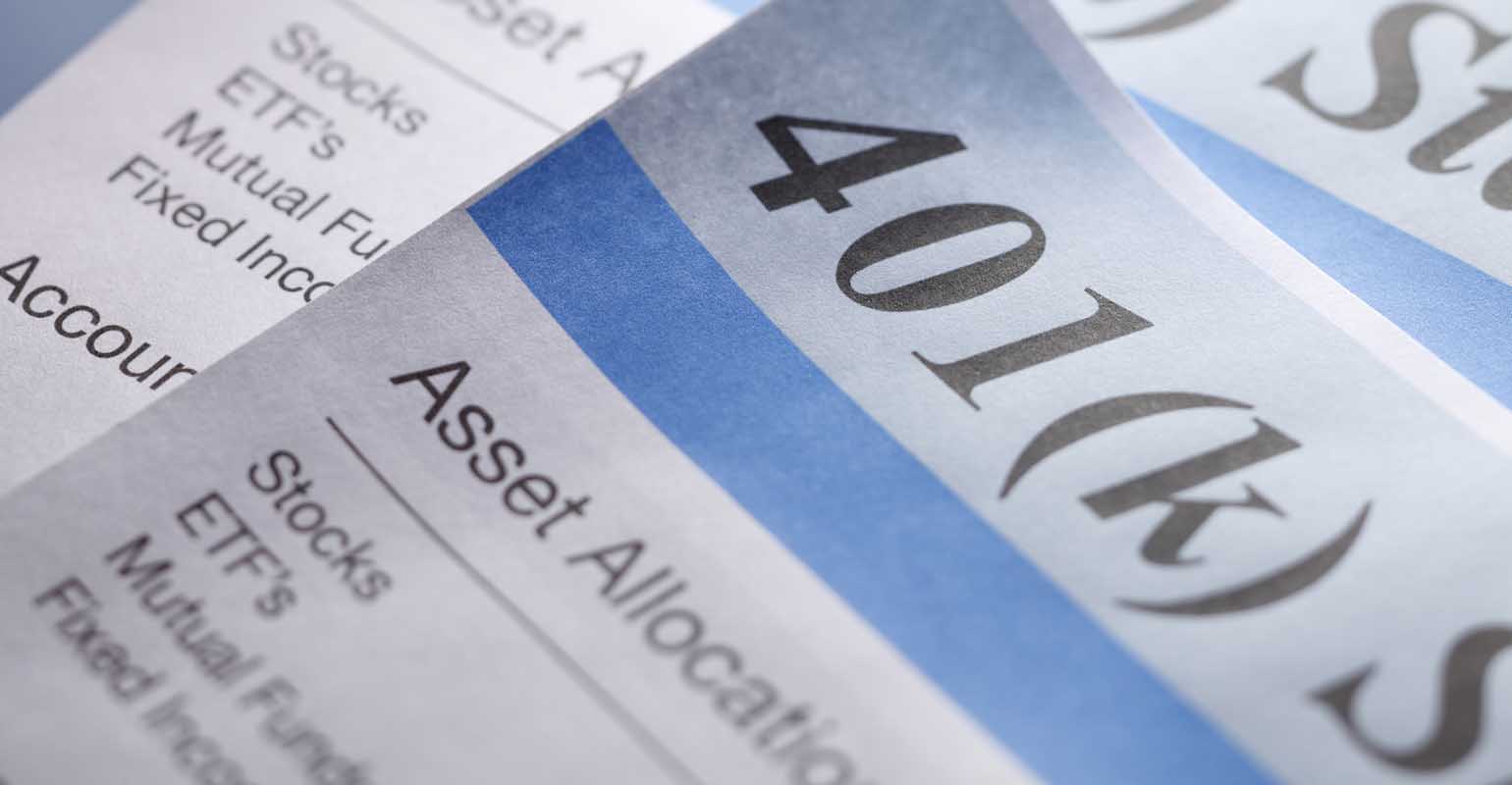odanny
Diamond Member
- May 7, 2017
- 17,995
- 14,355
You can always apply for a hardship loan (you have to pay it back) if you meet certain conditions, they also allow penalty free withdrawal for home purchases and medical bills, all I can say as a newly retired person is I thank DOG that I never could have withdrawn money from my 401k like a checking account,I get what you are saying, but I struggle with the idea it is the Govt's job to keep us safe from ourselves.
